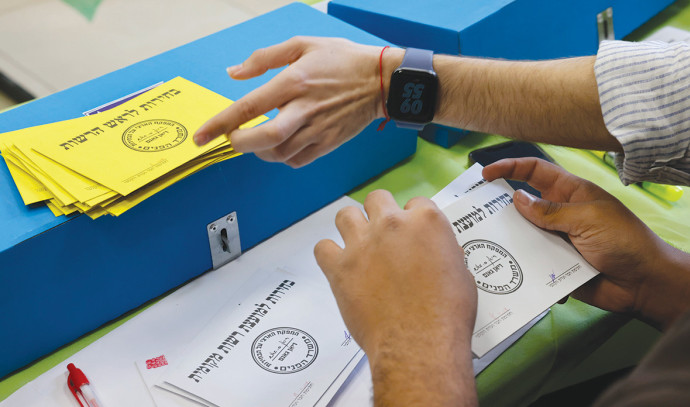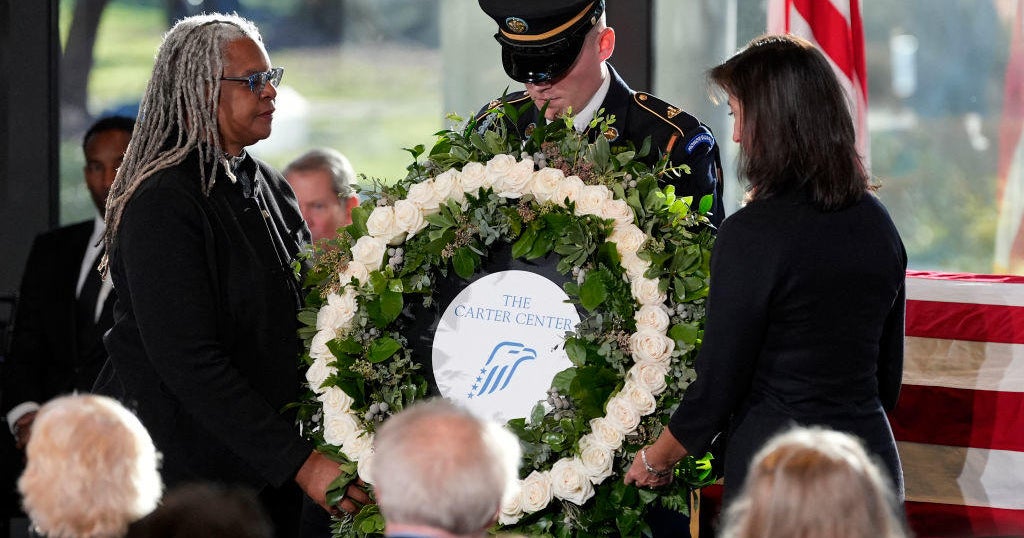Thirty-five cities and towns held a second round of voting for mayor on Sunday, after the candidates failed to receive the requisite 40% of votes during the first round on February 27.
Haifa was the biggest city that held a second round. Other cities included Ariel, Beit Shemesh, Harish, Rehovot, Ramle, Kiryat Gat, Pardess Hanna-Karkur, Ness Ziona, and Binyamina-Givat Ada.
Some 962,927 people were eligible to vote. Ballot boxes were open until after press time. As of 7 p.m., 37.7% of eligible voters had voted, compared with 40.9% who voted by 7 p.m. during the first round.
As of 7 p.m., 42.5% of eligible voters had voted in Beit Shemesh, 39.7% in Kiryat Gat, 32.9% in Rehovot, and 20.1% in Haifa.
A political face-off
In Beit Shemesh, Mayor Aliza Bloch was running against Shmuel Greenberg of Lithuanian haredi party Degel Hatorah. After the first round, Degel Hatorah signed agreements with the Sephardi party Shas and the hassidic party Agudat Yisrael to shore up support for Greenberg.
According to the agreement between Degel Hatorah and Shas, the latter’s Beit Shemesh constituents were to support Greenberg in this election, and Degel Hatorah’s constituents in exchange will support a representative of Shas in the next election in five years.
Agudat Yisrael agreed to support Greenberg in exchange for a signed agreement with Degel Hatorah to run on a joint slate in the next national election as the two parties have done since the 1990s. The agreement appeared to end tension between the Degel Hatorah and Agudat Yisrael during the run-up to the first round of municipal elections, after Degel Hatorah violated an agreement from the previous municipal election in 2018 to support a Shas candidate in Elad. The Shas candidate in Elad, Yehuda Boutbul, was elected in the first round on February 27, after Shas gained the support of some of the hassidic factions that make up Agudat Yisrael.
In addition to a split between Degel Hatorah and Agudat Yisrael, the election in Elad threatened to split Agudat Yisrael in two. The agreements reached in Beit Shemesh, however, will likely restore the political status quo in the haredi community to the way it was before the municipal elections.







